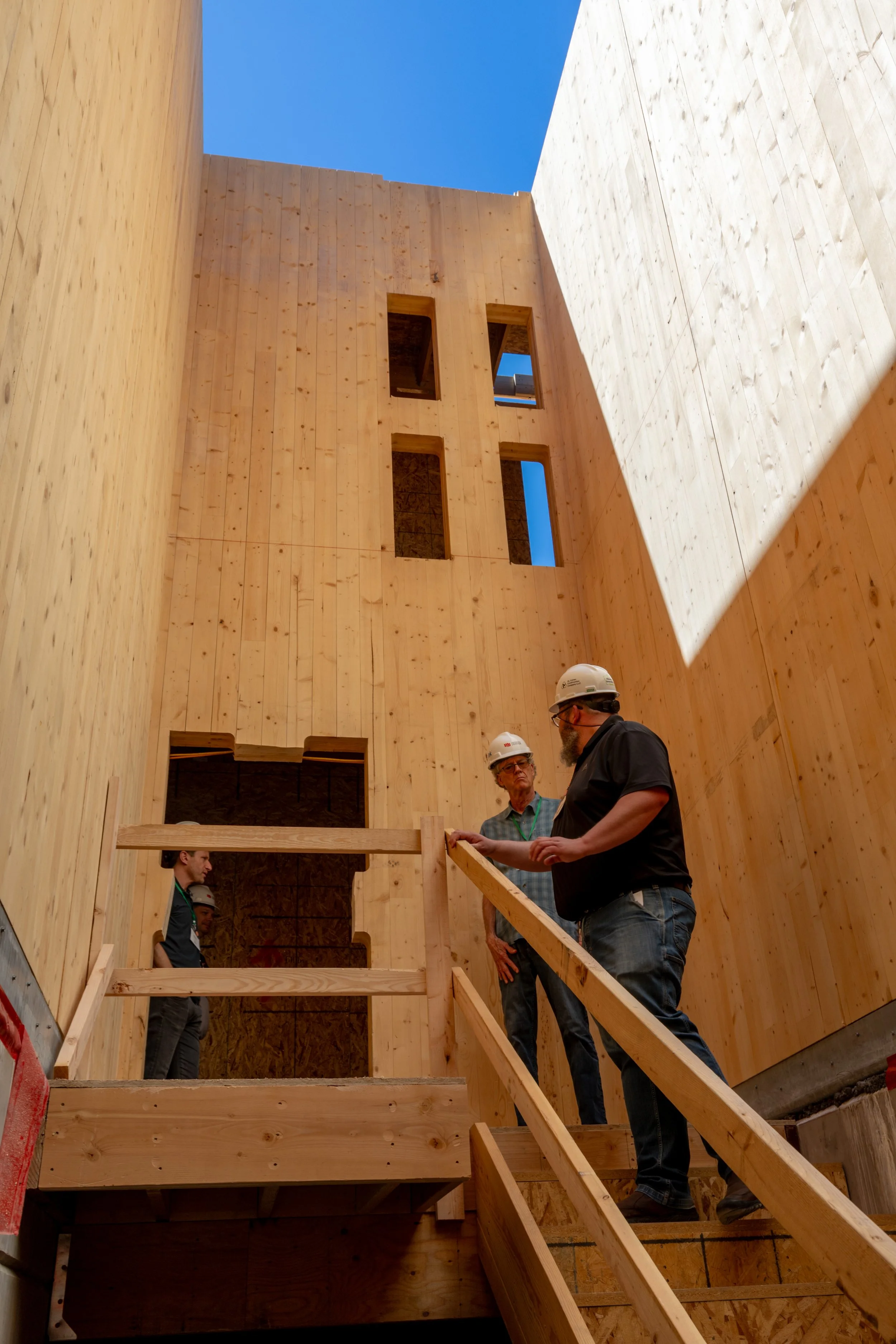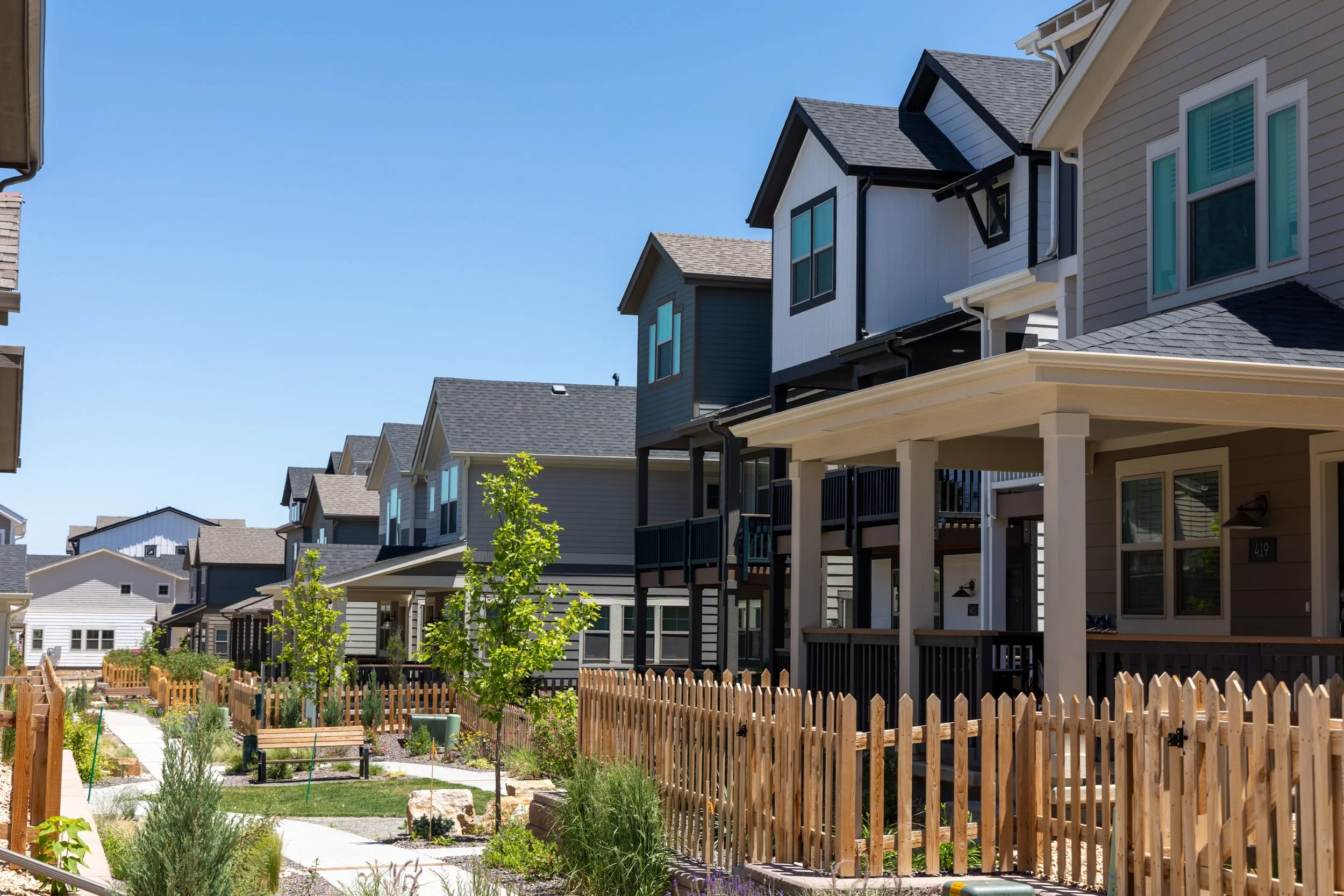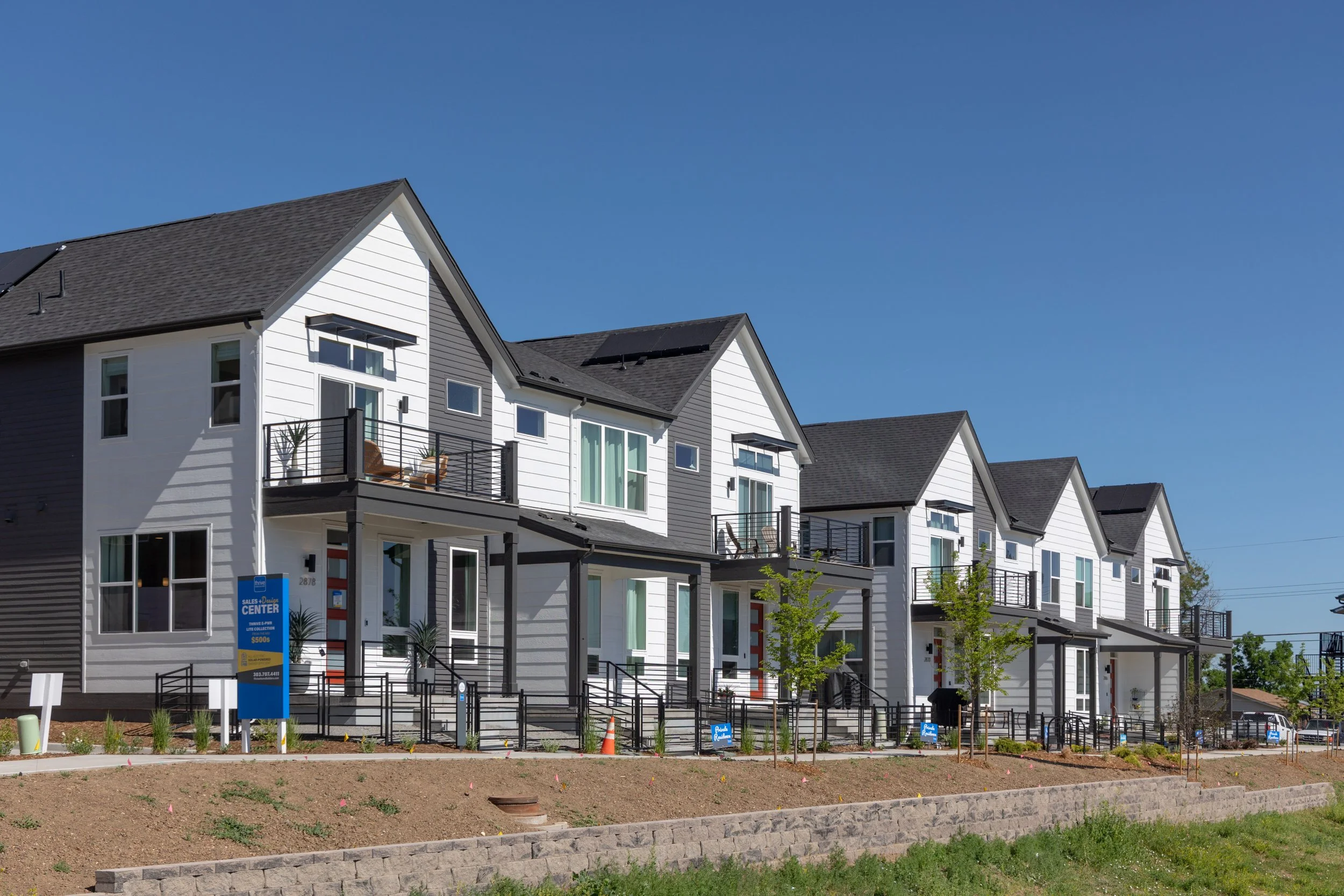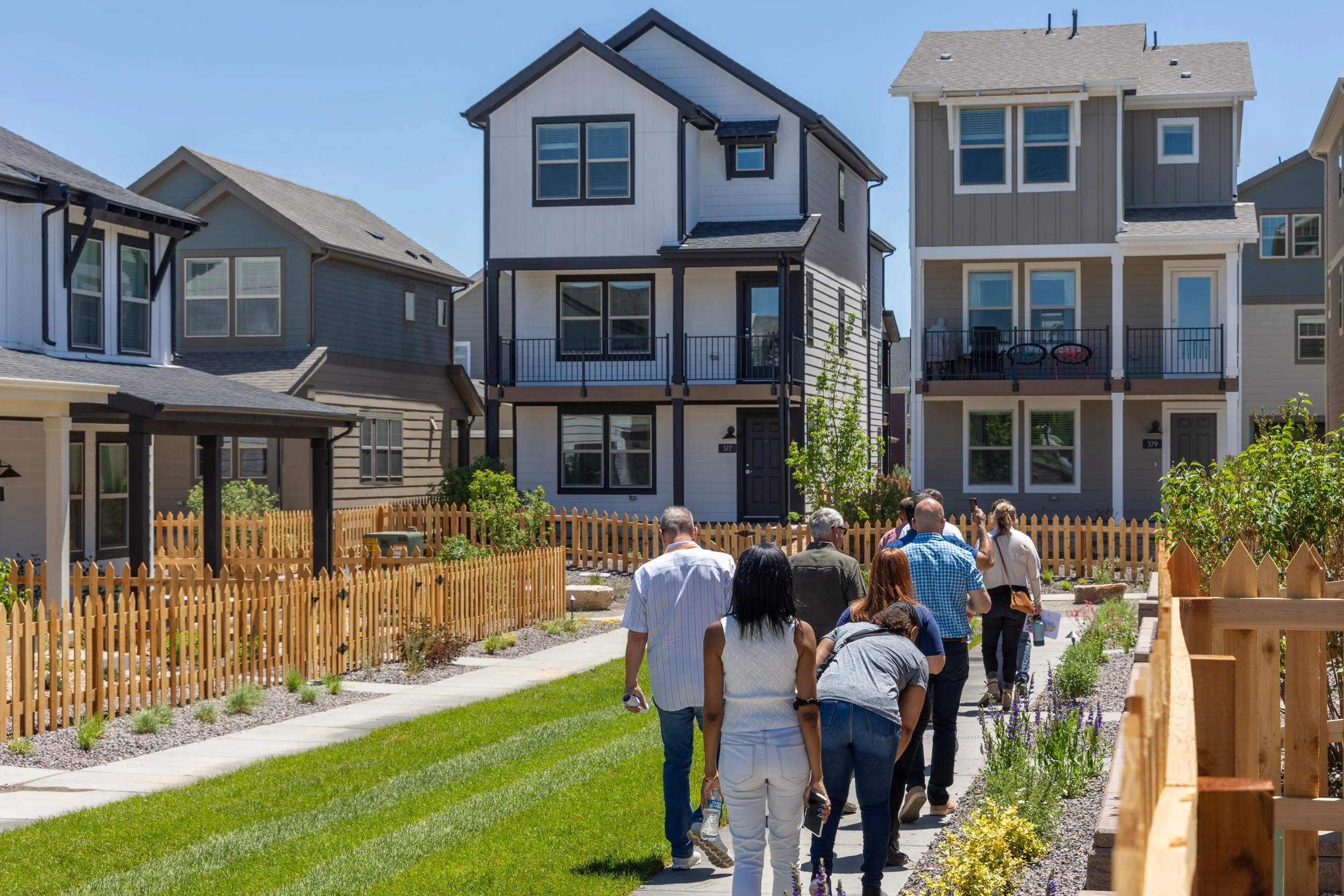Learn How to Compete in the Housing Innovation Challenge
The Housing Innovation Challenge is the first coordinated competition to unite every link in the value chain - from research universities to insurers - around a shared goal to make housing more affordable.
A two-year design-build competition uniting universities, builders, and civic leaders to reimagine attainable housing through innovation and collaboration.
Teams will design and build real homes in Charlotte, North Carolina — demonstrating new approaches to affordability.
Phase 1 — Design + Planning
Dec 2025 — May 2026
Phase 1 pushes teams to rethink housing industry norms - advancing conceptual and schematic designs that explore new approaches to design, materials, systems, construction, and long-term performance.
Focus — Innovation, constructability, and cost reduction using the H.O.M.E Framework
March 20, 2026
Final design submissions due
Up to 10 finalists are selected to advance to the Build Phase
Phase 2 — Build + Showcase May 2026 — Oct 2027
1
Finalists are paired with professional build partners
2
Finalist designs are translated into buildable homes using industrialized off-site methods
3
Homes are permanently assembled on provided sites and open to the public during the 2027 Housing Innovation Challenge exhibition.
4
Afterward, the homes are turned over to local residents.
Frequently Asked Questions
-
Participating teams will be announced on our website after the December 12th Letter of Intent deadline. The Challenge team will help connect interested industry partners with competing academic teams during a matchmaking process following the Phase 1 Design Proposal submissions in March/ April 2026. Please register as an interested industry partner using the following link: https://forms.gle/g9V6siqa7LbDKXcS6
-
Yes - onsite construction is permitted.
-
Yes. Teams are welcome to propose multi-story designs and are encouraged to creatively challenge conventional zoning and code assumptions.
-
Yes. Both attached and detached configurations are acceptable, and teams may creatively explore alternatives within or beyond typical zoning parameters.
-
Yes. Each team must creatively design two dwelling units per lot in the N1-B and N1-C zoning districts. (See Article 4 of the Unified Development Code for reference.)
-
Graduating students are encouraged to remain engaged; their participation may shift into an industry-partner role, strengthening the collaboration between academia and practice.
-
Competition teams are responsible for faculty and student time, as well as university related resources and travel required to complete the build phase of the Challenge. Specific details of this phase will vary from team to team based on their individual proposals and existing industry partnerships. Details will be agreed upon between Challenge organizers, competition teams and industry partners prior to committing to and advancing into the Build phase.







